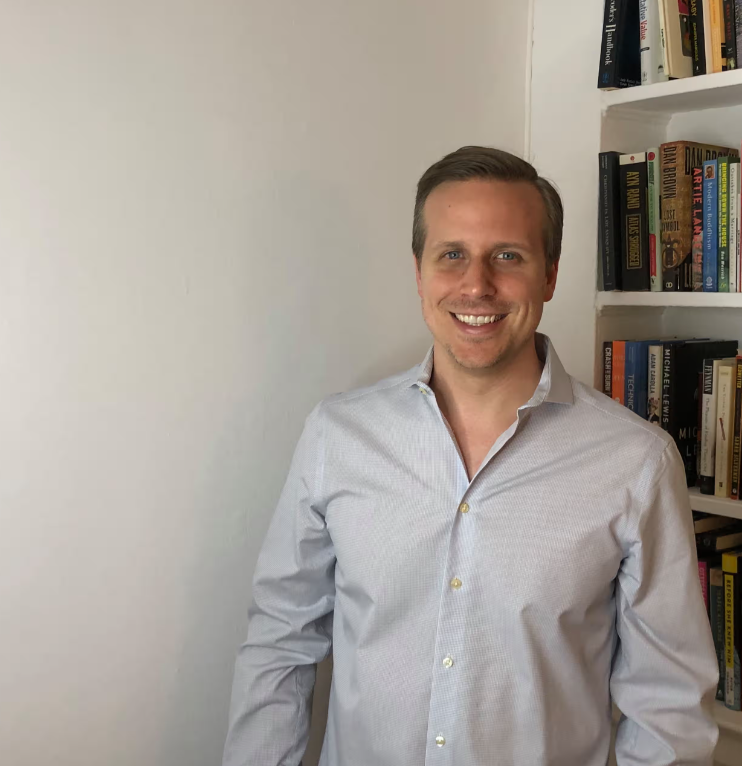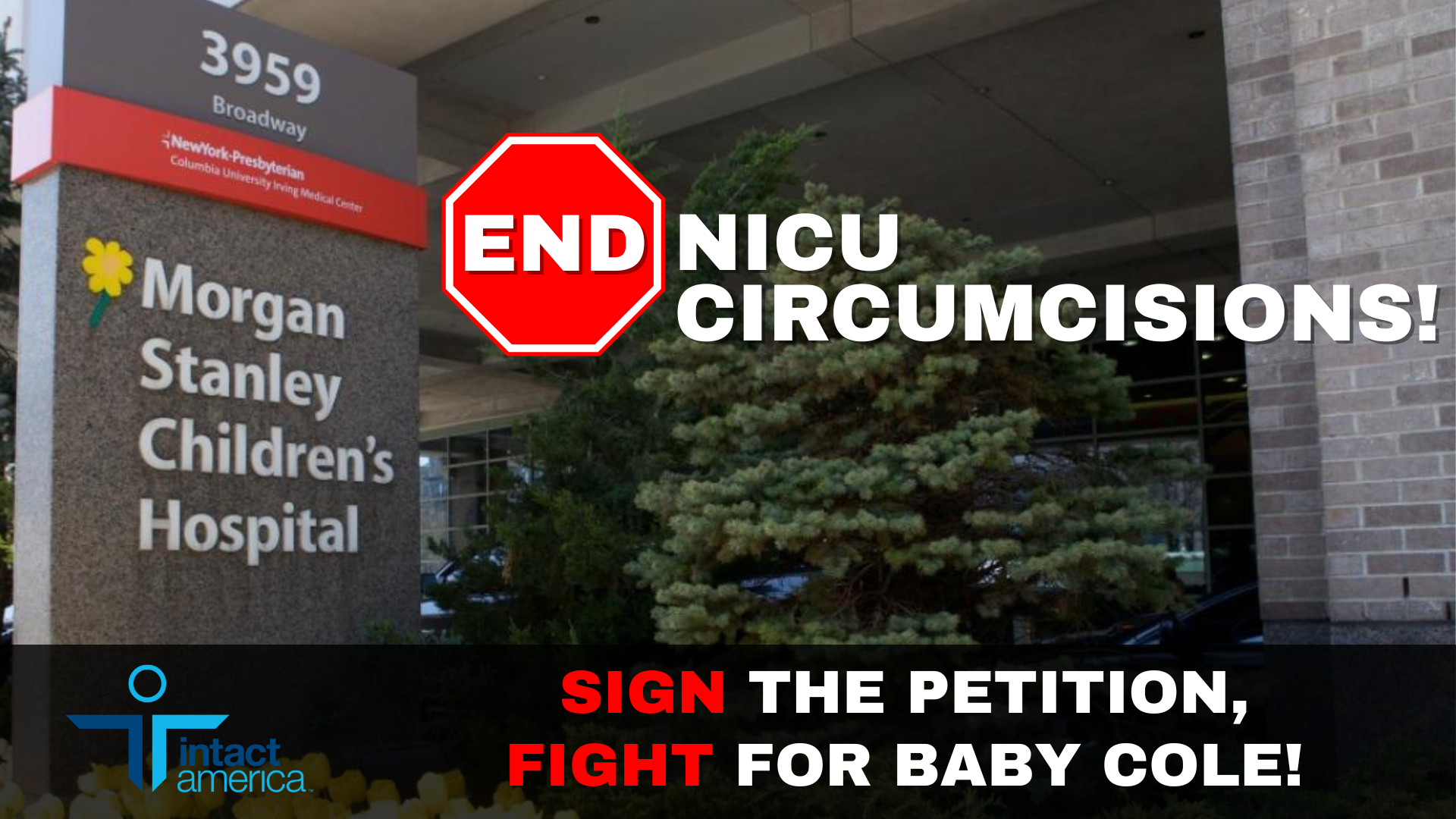
I would be lying if I said that the thought of simply Googling my name didn’t arouse a bit of dread in my body. In fact, I seldom do it. And when I do, I usually quickly scan the results, have a brief chuckle to myself and close the browser. My name is one of a kind on the Internet since “Zeldis” is an extremely uncommon last name. Couple it with just about any first name and you almost always will have a unique pairing. In the pre-Internet days this was not an issue. These days, it guarantees that any information on the Internet about you will immediately be revealed to any interested party.
As you may have guessed, the search results for my name are littered with references to my intactivism. I have been an intactivist since the age of 15 (I am now 41) and while I am comfortable discussing the topic with anyone, it can still often feel like a burden to have to bring into a new friendship or relationship. How will I be judged? Will they think I am crazy? Do they already have strongly held pro-circumcision beliefs that will create tense debate? What seems even more burdensome is the idea that someone might learn about my intactivism through a web search where I am unable to even discuss the topic with them. Then I am simply judged as eccentric for caring about an issue that nobody else seems to even bother discussing — and not only that — it’s about penises! At times in my life, the fear was palpable that my name simply yielded too many circumcision-related results and that this would lead to me never being able to find a new job or easily acquire relationships and friends.
But I have overcome these fears, and you can too! Let’s start with a few places that we can likely all agree: 1) circumcision is wrong and harmful and most people don’t realize that, 2) circumcision affects us all (those not cut themselves are related to those that are or one day must make the choice to cut) and 3) any publicity for our cause is good publicity. If all of these are true, then we are uniquely positioned to pique someone’s curiosity in the subject of circumcision if they are so interested in us that they need to Google our names! I know for a fact (because people have told me) that they were surprised to read about my participation in the movement only to tell me that they had never thought of it before and were intrigued or simply agreed with the position. Girlfriends, bosses, co-workers, you name it — they have all at some point in my life brought up the subject to me. And if I find it burdensome to bring up the subject myself, then surely this is a boon in the form of less work for me!
Has it ever been brought up in a negative light? Of course! I can remember a time that a co-worker had Googled me and had begun telling others in the office about my intactivism as though it was something to be ashamed of. Did I get fired, lose friends or become ostracized? No, I did not. The situation opened an opportunity to have a discussion with people who were interested in why I would care. Here I was with my worst fear being realized and all that had happened was that I got a chance to educate others about something that I care deeply about.
My name has been attached to the anti-genital cutting movement online for 13 years and I have never once lost a relationship that I didn’t want to lose from it. What do I mean by this? I like to think of my extreme “Googleability” as a litmus test. If my involvement in the cause to end the genital cutting of children puts someone off so much that they will refuse to hire me or be in a relationship with me then I am happy that such a relationship was never given the space to exist in the first place. The digital trail that comes with our activism is both a great filter and a great conversation starter.
The irony of all of this is that we are not the ones that should be hiding when we are not the ones doing the cutting! The inverse should be true. Let’s let the circumcisers stand shamefully in the shadows as that is where they belong. I would imagine that none of us would be talking about babies’ penises if we didn’t live in a world that was obsessed with cutting them. We are not the weird ones. We are the ones telling the weird ones to stop harming children. It’s time that we started to become proud of that.
—Adam Zeldis









No Comments